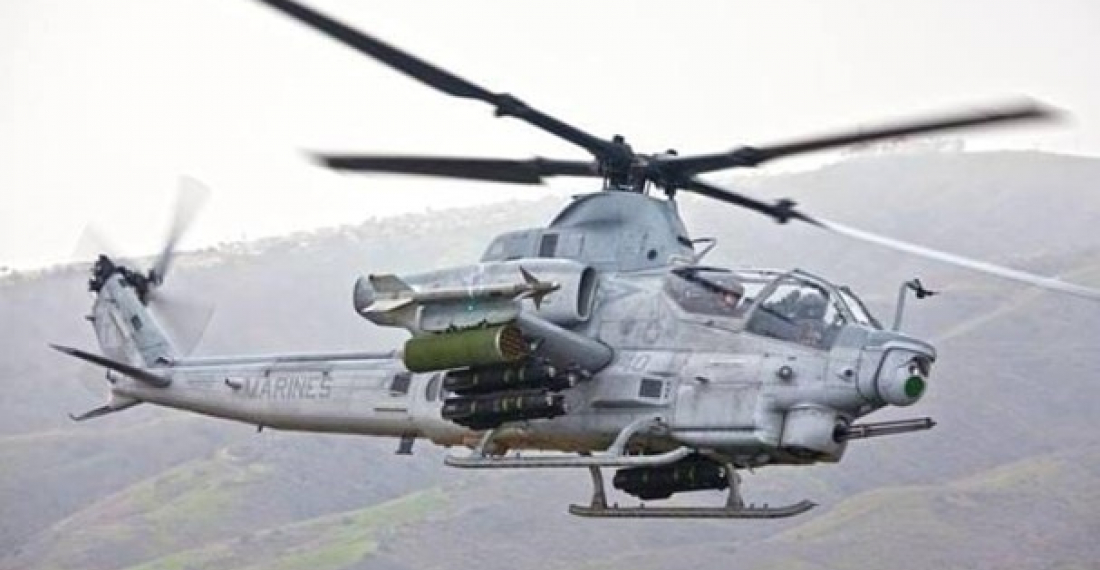Nigeria, Niger and Cameroon have joined forces to fight Boko Haram fighters in the Lake Chad region in recent weeks. The alliance has so far been a success with more than 100 Islamist insurgents killed, including 10 commanders, according to the joint military force statement issued earlier this week.
Insurgents from the terrorist group Boko Haram and its regional faction ISWAP - Islamic State West Africa Province – have been fighting against the central government of Nigeria for more than a decade, and the insurgency in recent years also spread to neighbouring states.
Colonel Muhammad Dole, the multinational Joint Task Force spokesman, listed the achievements of this month’s operation, including the recovery of several heavy weapons, food supplies and illicit narcotics destined for sale.
However, the military operation was not completely successful. Explosive devices planted by retreating insurgents wounded 18 soldiers of the multinational task force, and the number of troops killed was not confirmed by Colonel Dole.
While the terrorist threat and most of the conflict is concentrated in north-eastern Nigeria, it is the increasing flow of millions of displaced people that is putting neighbouring countries on alert.
In an effort to contain the influence of armed gangs, reduce the burden of kidnapping for ransom, and strengthen the security of its strategic partner in sub-Saharan Africa, the United States has approved the sale of nearly $1 billion worth of weapons to Nigeria.
This agreement allows the sale of 12 AH-1Z Cobra attack helicopters worth a total of $997 million. This comes after US lawmakers put the deal on hold due to concerns about possible human rights abuses by the Nigerian government, after soldiers opened fire on protesters demonstrating against police brutality in Lagos in October 2020.
The Islamist terrorist organisation Boko Haram has been weakened since the death of its leader Abubakar Shekau, in May, in a battle with its main rival ISWAP.
The Nigerian government also says thousands of Boko Haram fighters and their families have surrendered since last year, reducing the number of fighters.







